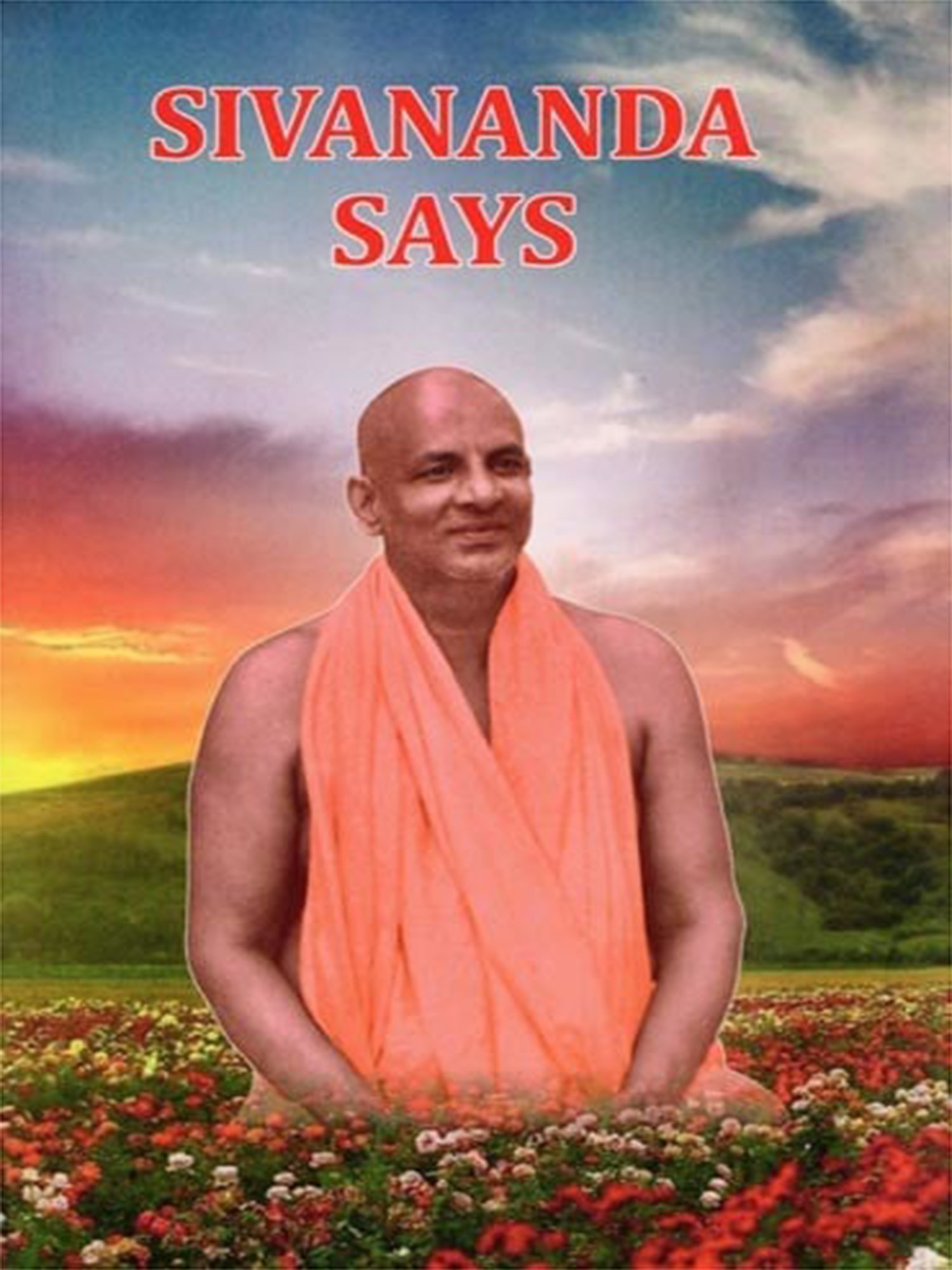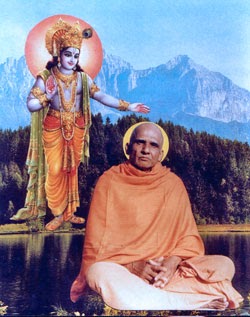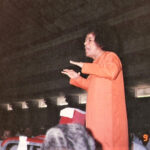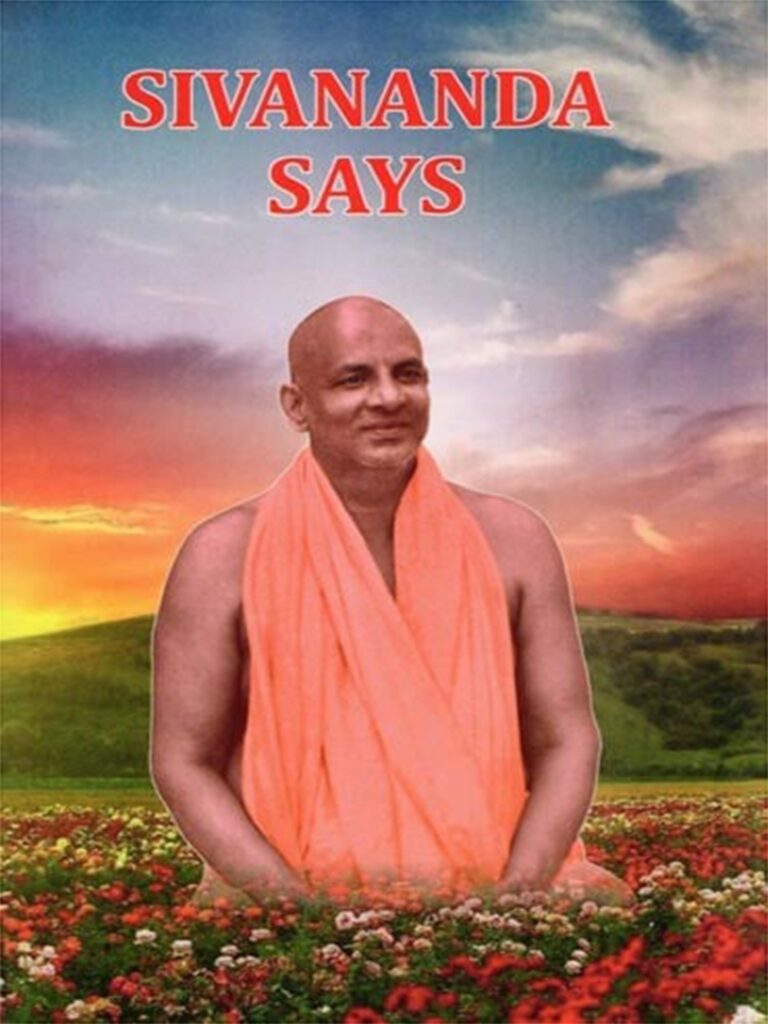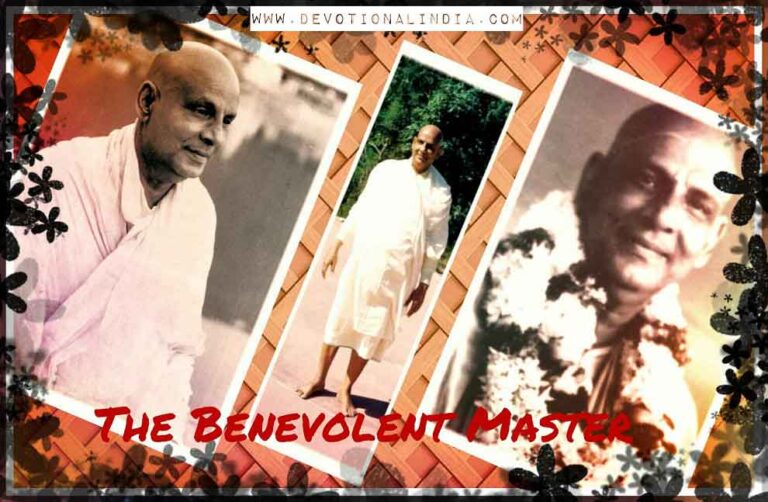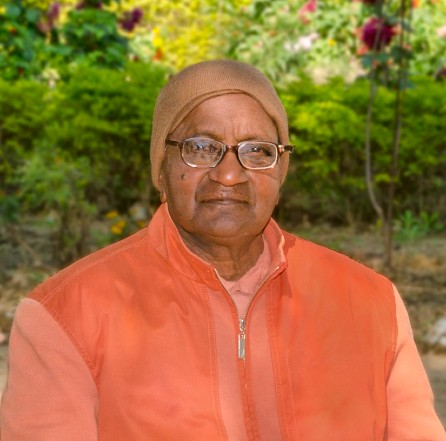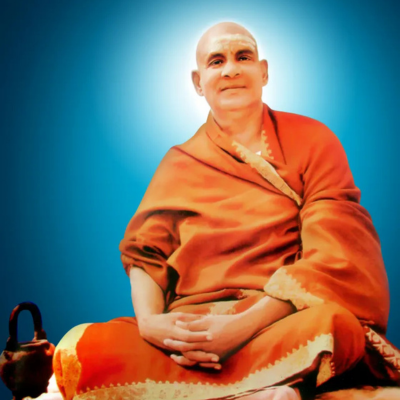Volume Twenty one
Volume Twenty one (1988)

Sathya Sai Speaks – Volume 21 (1988) is a spiritually rich collection of discourses by Bhagawan Sri Sathya Sai Baba, covering diverse aspects of devotion, character, self‑realisation, and the harmonising of inner life with outer duties. The volume opens with talks like “The Crowning Virtue”, where Baba elevates virtues to royal status, implying that cultivating noble character is the true coronation of the soul. He also tackles “Transcending the Guna”, teaching that while the three gunas (qualities of nature) are pervasive, the spiritual aspirant must rise above them and see the Self as beyond these qualities. Through “Man’s Divine Destiny” and “Earn God’s Love”, he makes it clear that humanity is not limited to mortal frames but is destined for divine realisation; to live in God’s love is to fulfil one’s highest purpose.
One recurring thread in this volume is the interplay of karma and Divine grace: Baba discusses how one’s actions and ethical conduct form the foundation (karma), but that grace must grace that foundation for the spiritual edifice to stand firm. In “From Annam to Ananda”, he draws a beautiful pointer: the path from mere nourishment of the body (annam) to the bliss of the Self (ānanda). He emphasizes that spiritual life is not rejection of life but transmutation of life — even eating, speaking, walking can become sacramental when offered to God. The discourse “The Rama Path” evokes the ideals of Ramayana — duty, sacrifice, loyalty — as living examples for aspirants to emulate, showing that sacred stories are not history only but blueprints for divine living.
Other talks such as “Beyond Degrees: God’s Love” address the limitation of formal education alone — that the degree you carry is less significant than the love and purity in your heart. “Conquest of Desire” focuses on the spiritual discipline necessary to tame inner cravings. “Let Your Light Shine” encourages devotees not to bury their divine spark but to allow it to radiate through virtuous living, kindness, and example. “True Sacrifice” and “Renunciation and Realisation” remind that giving up ego, selfishness, and illusions is essential to reach spiritual fulfilment.
In “Bhaktha Sakhaa Bhagavani”, Baba discusses how God becomes the intimate friend of the devoted one — not distant, but close, responsive, living in one’s heart. Through “Renunciation & Realisation”, “Nature: God: Man”, and “Wealth or Grace?”, he presses the point that attachment to transient wealth must give way to thirst for eternal grace; that the world is not enemy but teaching; and that real wealth is inner peace, not material gain.
Talks like “The Divine and the Devotee”, “Live in Truth and Love”, “Role of the Avatar”, and “Devotion is the Panacea” carry the message that the guru, the incarnation, and devotion are not external props but living realities that must be realised within. “You and the Cosmos” shows that the microcosm and macrocosm reflect one another — that what is within us is mirrored in the universe.
Towards the end of the volume, discourses such as “The Mother Divine”, “Towards Human Unity”, “Inner Significance of Festivals”, “The Spirit of Service”, “Let the Conscience Rule”, “Love — the Key to Human Unity” emphasize that spiritual realisation is inseparable from love, unity, service and collective upliftment. Baba teaches that festivals are not mere external ceremonies but opportunities to purify and uplift the inner life; that serving others is serving God; that conscience must guide every action; and that human unity is the fruit of divine love.
In essence, Volume 21 is a guide to building the inner life: to transcend nature’s pulls, cultivate virtues, balance duty and devotion, surrender the ego, and live in God. It invites the aspirant to move from body‑centered existence to soul‑centered awareness, so that every thought, word, and deed becomes an offering to the Divine.












